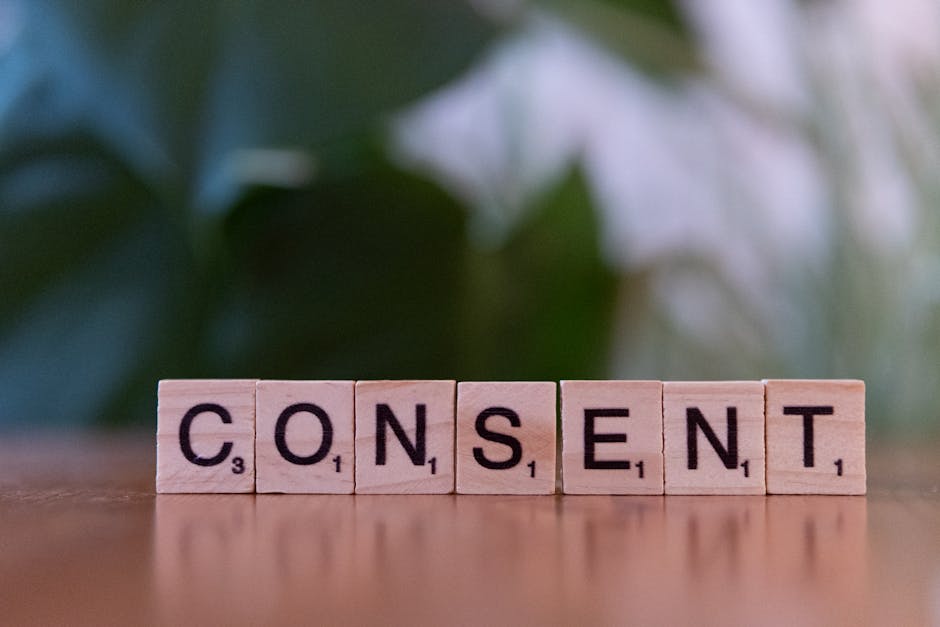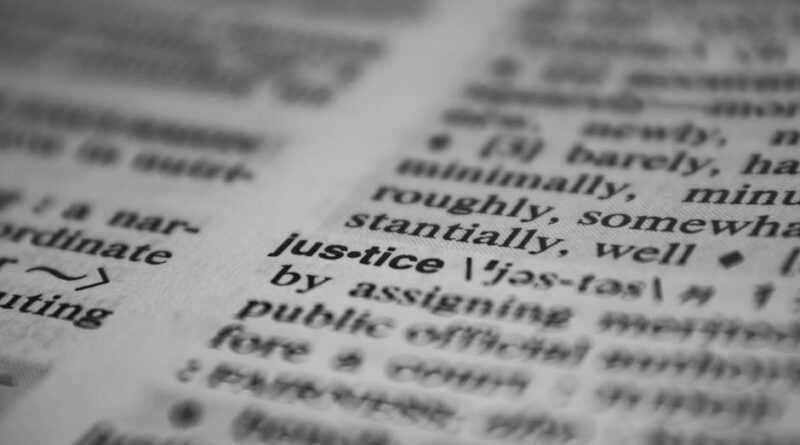Understanding the Legal Language in Contracts
Have you ever glanced at a contract and felt completely lost? you’re not alone. Legal language can sound like a foreign dialect. Yet, understanding it is crucial. Contracts are everywhere, from signing a lease to agreeing to service terms online. Today, we will break down the complexity of contracts into simple, digestible parts.
What Exactly is a Contract?

A contract is a legally binding agreement between two or more parties. It outlines each party’s rights and responsibilities. Think of it like a set of rules for a game. If everyone follows the rules, the game runs smoothly.
Here are a few common examples:
- Renting an apartment.
- Buying a car.
- Signing up for a gym membership.
In each case, the contract protects your interests and ensures that everyone knows what to expect.
Why Does Legal Language Matter?

Legal language is designed to be precise. This precision helps prevent misunderstandings. However, it can also confuse people who aren’t familiar with it. For instance, you might see terms like “indemnify” or “force majeure.” These words hold specific meanings that can change the contract’s outcome.
What Are Common Legal Terms You Should Know?

Understanding common legal terms can help you navigate contracts better. Here are a few to keep in mind:
- Indemnity: This means one party agrees to cover the costs if something goes wrong.
- Force Majeure: This refers to unexpected events that prevent a party from fulfilling their obligations, like natural disasters.
- Default: If a party fails to meet their obligations, they are in default.
Consider this: if you were to rent a car and the contract mentions “indemnity,” it means if you damage the car, you are responsible for the repair costs. Knowing this can eliminate surprises later on.
How Can You Read a Contract Effectively?

Reading a contract doesnt have to be daunting. Heres a simple approach:
- Skim First: Quickly look over the entire document. This gives you a general idea of what it covers.
- Highlight Key Sections: Focus on important clauses like payment terms, duration, and cancellation policies.
- Ask Questions: If something is unclear, don’t hesitate to ask for clarification.
- Take Notes: Jot down any terms you don’t understand for further research.
By breaking the document into smaller sections, you can manage the information more easily.
What Should You Look for When Signing a Contract?
Before you sign anything, check for the following:
- Clear Terms: Ensure that all terms are easy to understand.
- Mutual Agreement: Both parties should agree on the same terms without any ambiguity.
- No Hidden Fees: Look for surprise charges that might pop up later.
- Termination Clause: Understand how to end the contract if needed.
it’s like a safety net. Knowing what to look for helps you avoid potential traps.
How Do You Handle Disputes?
Even with careful reading, disputes can arise. Heres how to approach them:
- Review the Contract: Go back to the relevant sections. What does the contract say about disputes?
- Open Communication: Talk to the other party. A simple conversation can often resolve issues.
- Seek Mediation: If discussions fail, consider a neutral third party to help.
- Legal Action: As a last resort, you might need to take legal action.
Disputes can be stressful. However, being prepared can ease the process.
What Are the Most Common Misconceptions About Contracts?
Many people have misconceptions about contracts. Lets address a few:
- Contracts Are Only for Big Deals: False! Small agreements can also be binding.
- Verbal Agreements don’t Count: This can be misleading. Some verbal agreements are enforceable.
- Once Signed, You’re Stuck: Not true! You can negotiate terms before signing.
Understanding these misconceptions can empower you when dealing with contracts.
What Are Some Tips for Negotiating Contracts?
Negotiation is a key part of any contract. Here are some helpful tips:
- Know Your Worth: Understand what you bring to the table.
- Be Clear: State your needs and expectations openly.
- Stay Flexible: Be open to compromise.
- Get It in Writing: Always document any changes made to the contract.
Effective negotiation can lead to better contracts for both parties.
When Should You Consult a Lawyer?
Some situations call for legal advice. Consider reaching out to a lawyer if:
- The contract is complex or lengthy.
- You don’t fully understand the terms.
- Theres a significant financial commitment involved.
- You suspect unfair terms.
While hiring a lawyer may seem daunting, it’s a smart investment in protecting your interests.
What Are Actionable Takeaways?
Understanding legal language in contracts can save you time, money, and stress. Here are some key takeaways:
- Always read contracts carefully.
- Highlight and ask about unclear terms.
- Know what to look for before signing.
- don’t hesitate to seek legal help when needed.
Be proactive. Equip yourself with knowledge, and you’ll navigate contracts like a pro!
For more information on this topic, you can explore Nolos guide to contract law.
Remember, a little understanding goes a long way. Contracts don’t have to be intimidating. Take your time, and don’t hesitate to ask questions. Happy contracting!



